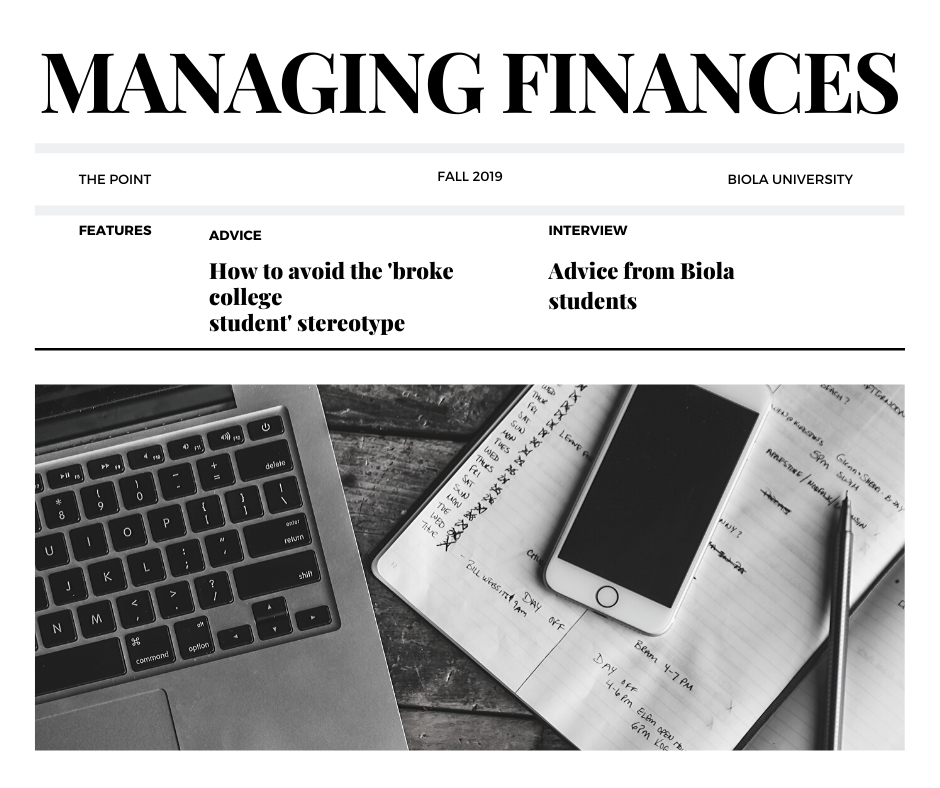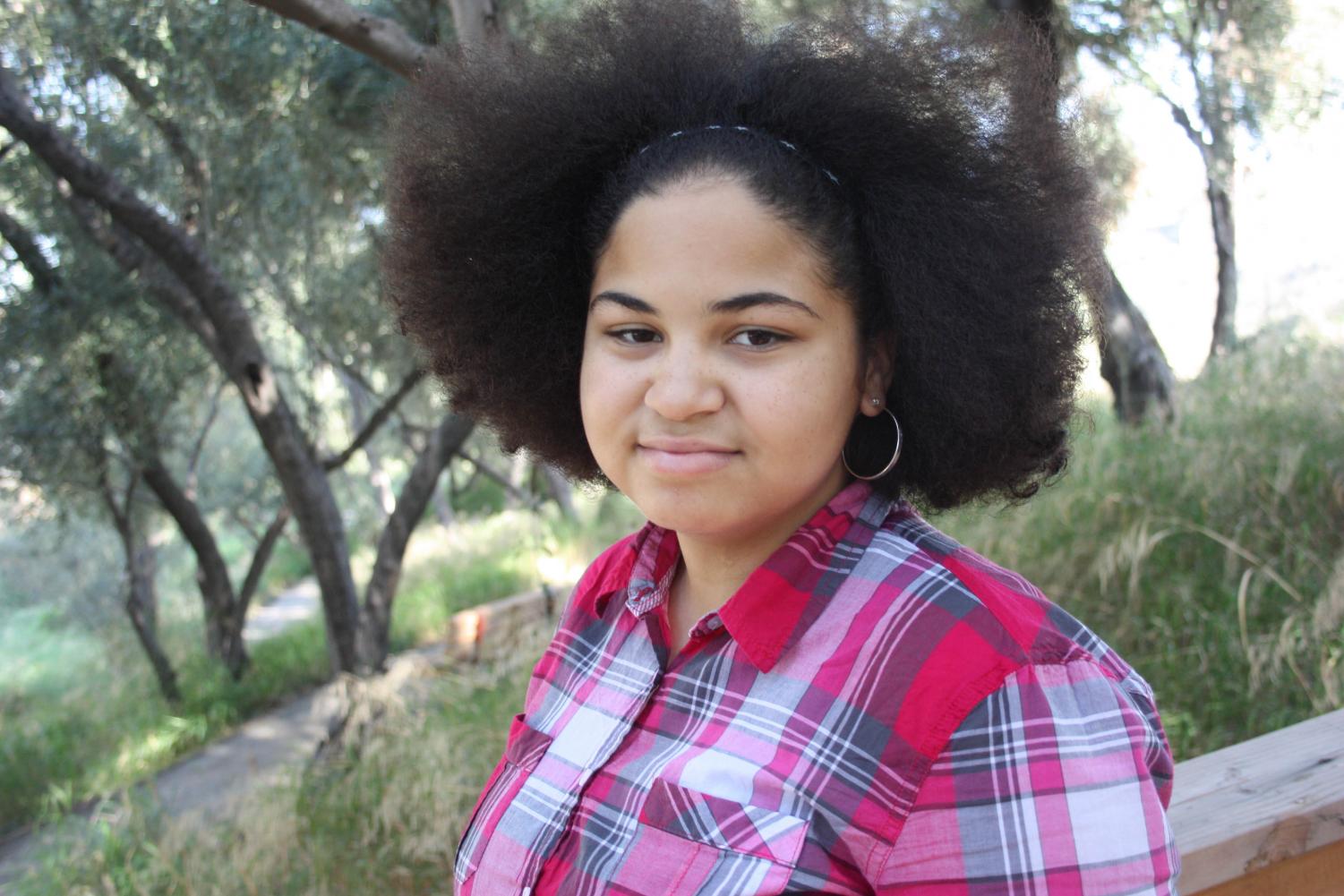Written by Alyssa Minney
So now you are a college student who is trying to navigate life after your parents dropped you off and gave you a tearful goodbye. Chief among those concerns is how to manage finances well and avoid the ‘broke college student’ stereotype.
There are living expenses to think about, such as food, books, gas, social activities and coffee runs. It is a challenge balancing all the expenses; if you prioritize food too much, you will not have enough money to buy the books you might need for your classes. Unexpected plans occur all the time; the book you thought you got right from Thriftbooks is the wrong edition, and now you have to buy or rent the expensive one from the bookstore.
All sorts of unforeseen expenses occur when you live away from home. Medical emergencies happen. Maybe your appendix will rupture, and you have to pay for an x-ray and make sure that it is not the result of too much Raising Cane’s. Then you have to pay even more money to have the nice surgeons make sure your appendix doesn’t poison the rest of your body.
Music in Worship major Jeremy Moses asserts that an emergency fund is necessary. As a student worker, he is quite familiar with the struggle of putting together funds for someone’s future.
“When you’re first starting out, $500 is the emergency fund that you don’t touch,” he said. Moses learned this tip from a Dave Ramsay book he was required to read for a scholarship. Of course, that may not be an immediately viable option for the first-time college student, but that ties in nicely to his next piece of advice: have multiple bank accounts for different things. Jeremy noted that this piece of advice comes from his father.
“He has his check of $2,000 that he can section off into different things, like $200 of it goes to church, $400 of it goes to groceries,” he continued. Of course, a $2,000 check is far off in the future for most of us, but Moses asserted that in this case, “You got x going to there, y going to gas, and then you have your final z, which is like ‘Aha, I can spend this on whatever I want, or I can choose to save it for something bigger.’”
Accounting major Katy Webster took a more business-like approach.
“You really want to make sure you have at least 2 or 3 times as many current assets and current liabilities,” she said. In accounting lingo, assets are a lump sum of everything that you have in your bank account. Liabilities are something you need to pay off, whether it be gas, groceries, etc.
“You don’t buy something when you have enough money for it; you buy it when you have enough money for it multiple times over,” Webster explained.
And yet, there is no one-size fits all rule for finances.
“Experimenting and trying things out is the best way to find out what works for you,” Webster said. “You can read a hundred articles and still not know what works best for you.”
The best piece of advice is educating yourself on what kinds of saving methods there are out there. Whether or not you try separate bank accounts or saving money multiple times over, success depends on if you educate yourself on the different ways of saving money.





